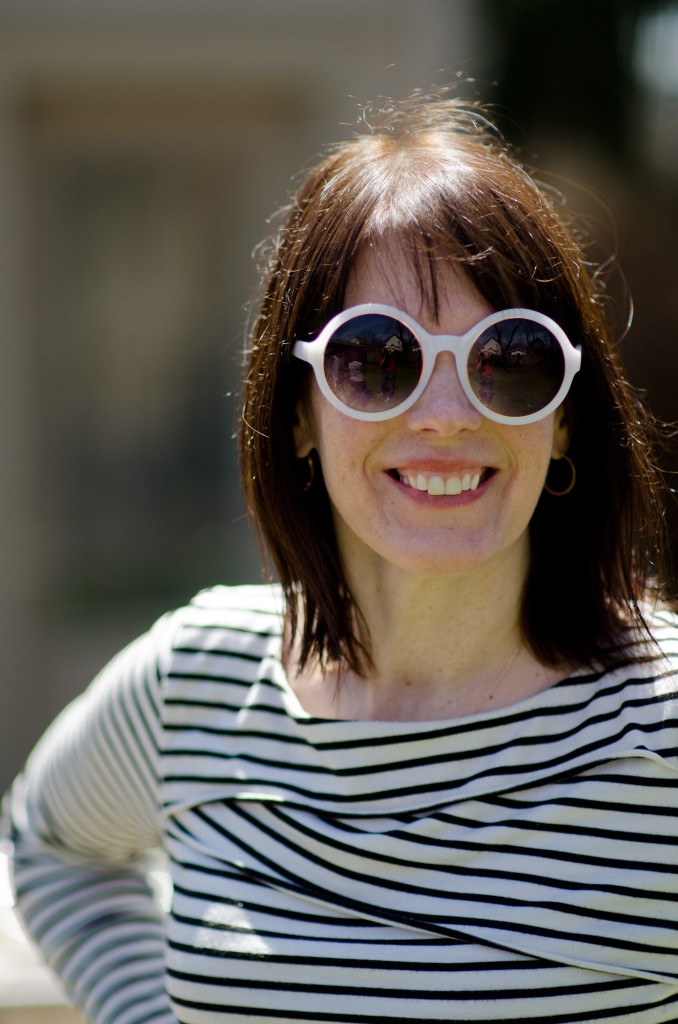An interview between Naomi Zurevinski and Amy Bell, author of “Women’s Politics, Poetry, and the Feminist Historiography of the Great War,” on work on the history of emotions and her experience using literature as a historical source. To read more about Bell’s past work on the Great War and feminist writers in Britain at the time, click here. Bell’s article appeared in the Canadian Journal of History/Annales canadiennes in 2007, and is available here to read for free for a limited time.
 Historian Amy Bell uses literature – specifically poetry – to get an inside look at what people were thinking and feeling in different time periods. One of the challenges with using literature as a historical source is that the authors were writing it with a specific audience in mind.
Historian Amy Bell uses literature – specifically poetry – to get an inside look at what people were thinking and feeling in different time periods. One of the challenges with using literature as a historical source is that the authors were writing it with a specific audience in mind.
“I think historians working with literature especially face a challenge because it’s often not clear whether the author is speaking in their own voice or not,” she said. “The more widely you read and develop your critical faculties and ability to distinguish different tones in writing, the easier this gets.”
For Bell’s 2007 article in the CJH/ACH, “Women’s Politics, Poetry, and the Feminist Historiography of the Great War,” she looked at a number of poems by British women during and after the Great War to analyze their feminist and political undertones. Poetry, at the time, was very popular among the public as it was seen as a consoler of sorts.
“My favorite poem that I used for this article is by Charlotte Mew, called The Cenotaph,” Bell said. “This poem is beautifully written, and also speaks to so many of the themes of the Great War: the high cost borne by women, the contrast between the abstract words of glory, which the war was celebrated [for], the simple family lives of most of those who died, and the sense of the betrayal of the young men of a whole generation.”
After finishing research for this article, Bell moved on to looking at the Second World War and the role of the civilian at home. After looking at the experience of fear on the home front, she became interested in the field of the history of emotions, and her new research project will examine concepts of love and grief through personal writings, spiritualism and photography.
“In the spiritualist séances popular in Britain in the 1920s and 1930s, a medium would often make people believe their dead loved ones were speaking through them. I want to uncover how love and grief t drew people to séances like this, and the conditions in séances – dim or no lights, music, hand holding, apparitions – that helped to maximize these emotions among the viewers.”
Bell is also looking through photographs to see how love was represented in the 1920s and 1930s.
“I’m looking at representations of maternal love and how mothers were pictured holding babies and children, and how this echoed wider beliefs about the emotional bonds between mothers and children,” she said.
Bell’s work shows us that from photographs to poetry, there is certainly a wide variety of sources that can be tackled by historians to learn about that past.
Bell’s work, “Women’s Politics, Poetry, and the Feminist Historiography of the Great War” is free to read for a limited time. Click here to read the article on CJH Online – http://bit.ly/CJH423_Bell
Comments on this entry are closed.